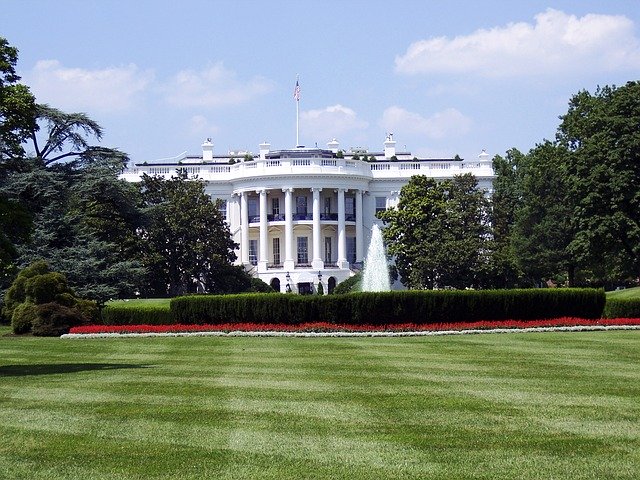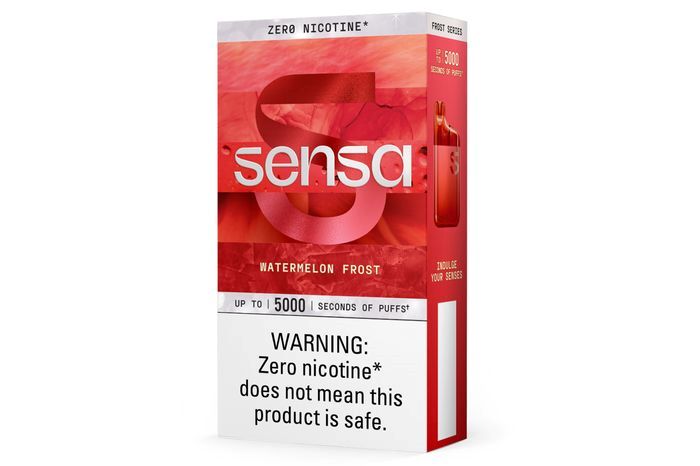Philip Morris International has been accused of “manipulating science for profit” through funding research and advocacy work with scientists, according to The Guardian.
Leaked documents from PMI and its Japanese affiliate revealed plans to target politicians, doctors and the 2020 Tokyo Olympics as part of the company’s marketing strategy to attract nonsmokers to its IQOS heated-tobacco product. Japan is a launch market for IQOS.
A Tobacco Control Research Group paper from the University of Bath stated that Philip Morris Japan (PMJ) funded a Kyoto University study into smoking cessation via a third-party organization. The researchers found no public record of PMJ’s involvement, however. According to a PMI spokesperson, the company’s involvement was attributed when the results were presented at a scientific conference in Greece in 2021.
PMJ reportedly paid £20,000 ($25,287.48) a month to FTI-Innovations, which is a life sciences consultancy run by a professor from Tokyo University. The payments were for tasks like promoting PMI’s science and products at academic events, which, according to an internal email, a PMJ employee claimed they had been told “to keep it a secret.”
The paper, which was published in Nicotine & Tobacco Research, is based on 24 leaked company documents from between 2012 and 2020.
“These activities resemble known strategies to influence the conduct, publication and reach of science and conceal scientific activities,” the researchers said.
“The manipulation of science for profit harms us all, especially policymakers and consumers trying to make potentially life-changing decisions,” said Sophie Braznell, one of the paper’s authors. “It slows down and undermines public health policies while encouraging the widespread use of harmful products.”
The leaked documents undermined PMI’s claims to conduct “transparent science,” according to Braznell, who called for reforms to funding and governance of tobacco research “to protect science from vested corporate interests.”
In a different report from Stopping Tobacco Organizations and Products (STOP), also based on leaked documents, PMJ appeared to lobby for IQOS to be permitted in places where smoking was banned.
Entities like medical and hospitality groups and Japan’s Fire and Disaster Management Agency were targeted for endorsements, “which, if secured, could give the appearance of organic, widespread acceptance of IQOS,” said STOP.
Moreover, the report stated that aiming for a presence at the Tokyo Olympics “echoes a known industry tactic of advertising addictive, harmful tobacco products at sports events—associating these products with health, misleading consumers and reaching children and young people.”
“PMI’s intentions with IQOS seem to extend far beyond what they’ve stated,” said Jorge Alday, director of STOP. “This revelation adds weight to the mounting evidence questioning the credibility of PMI’s claims about their intentions and their products.
“Disturbingly, it hints at a broader pattern of deceptive tactics, potentially laying the groundwork for a new chapter in the tobacco epidemic,” he said.
“This is yet another specious story from an organization more interested in criticizing our company than helping reduce the harm from cigarettes,” said a PMI spokesperson. “Like any highly regulated multinational company, PMI regularly seeks to share our positions on issues that affect our consumers, our company and our communities. Not only is this type of engagement entirely legal and appropriate, [but] it is essential to the type of inclusive policymaking that will lead to better outcomes for the people affected by those policies.”




















